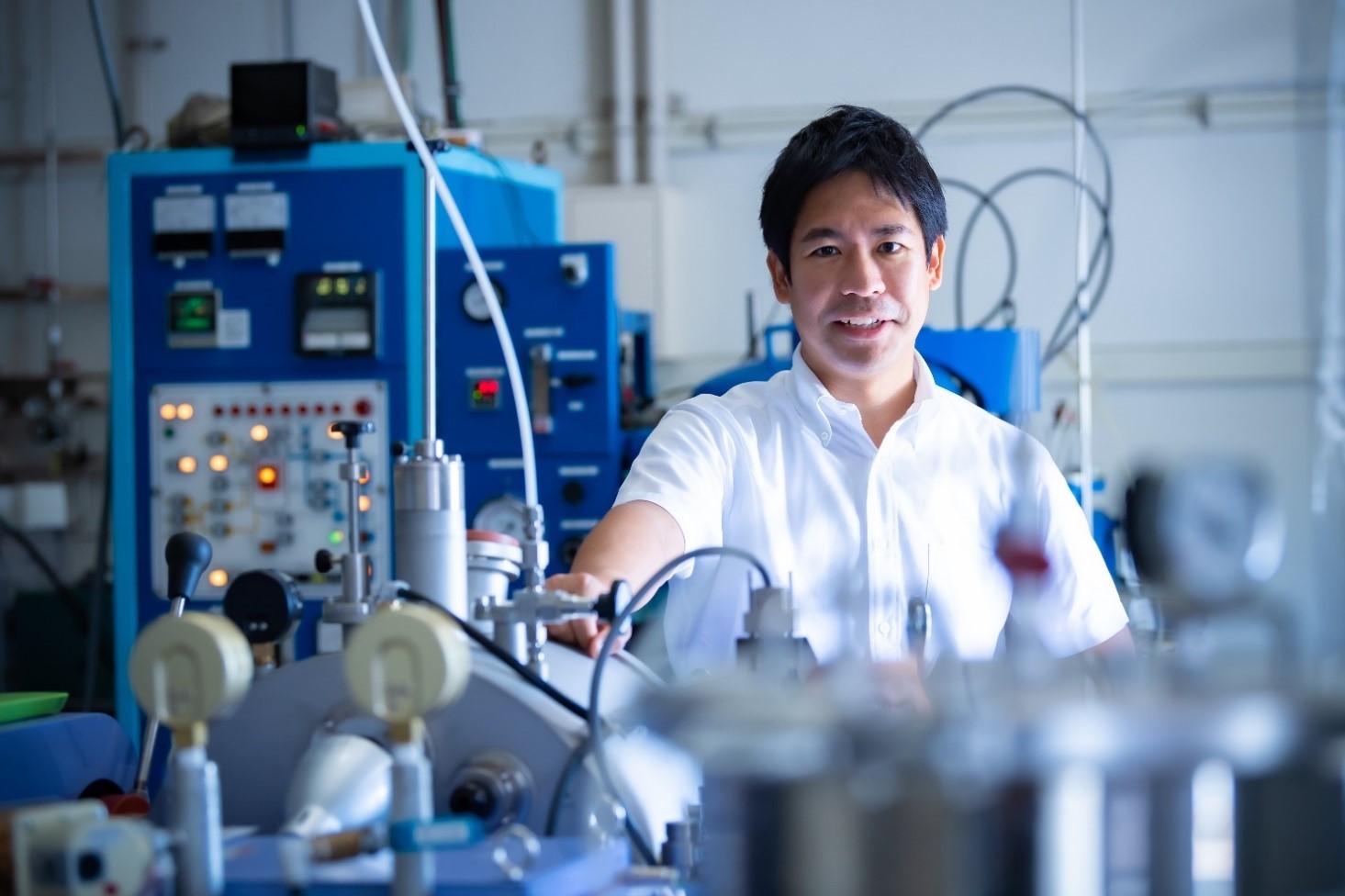
Yoshiki Takagiwa, Japan’s 2020 MI champion, is a principal researcher and independent scientist at the National Institute for Materials Science (NIMS). In 2009, he received his Ph.D. in materials science from the University of Tokyo. From 2009 to 2015, he was an assistant professor at the University of Tokyo. He joined as permanent researcher at NIMS in 2015.
Yoshiki’s current research focus is investigating non-toxic, low-cost thermoelectric materials. He’s developed environmentally friendly thermoelectric materials using iron, aluminum and silicon. Dubbed the FAST project, this line of research is using experiments, theoretical calculations and machine learning to help develop autonomous power supplies for sensors and devices.
Tell us more about your company/organization
NIMS is the world’s top national research institute specializing in materials science. In line with our slogan – “The true value of materials is in their use” – we carry out materials research with the goal of developing practical products that will benefit the public.
Our mission is to pave the way for a better future for humankind by solving issues in the environment and in the energy, medicine and infrastructure sectors. Our focus is on advanced R&D of innovative materials. Specifically, NIMS can help us all achieve carbon neutrality by developing key materials and world-class evaluation technologies. For example, we are helping develop the materials and technologies needed to usher in a society based on hydrogen. This includes our wok on rechargeable batteries, thermoelectrics and photovoltaics.
How do you intend to leverage being an MI Champion?
Through the FAST materials project, and in collaboration with auto supply company AISIN Corp. (which is a member of the Toyota group of companies), I would like to establish an independent power supply technology that utilizes unused energy below 200°C. This could contribute to accelerating the realization of an energy-efficient society based on sensor networks. As a Mission Innovation Champion, I aim to share and integrate knowledge and ideas with overseas innovators and discuss how we can combine all-scale clean energy technologies toward the innovation of our future society.
The important thing is not to enclose this technology but to consider a wide range of applications with open innovation. The real value of our materials and technology will be judged when it is used in society.
Do you have any upcoming plans or announcements that you would like to share with the MI community?
Worldwide, an enormous amount of heat energy is unused and lost. For example, if just 0.1 percent of exhaust heat below 200°C is used, we can have a significant global impact. We are now conducting a joint research project in Japan. The project is mainly supported by New Energy and Industrial Technology Development Organization, which is a national R&D agency, toward implementing an autonomous power supply for Internet-of-Things devices. In a society that uses networks of sensors and next-generation transport systems, this is urgently needed. I also encourage the MI community to watch our YouTube videos and read our recent press releases to get a better understanding of our work and its potential applications.
Related Links:
YouTube video: “New thermoelectric material without rare metals.”
NIMS NOW: Center for Green Research on Energy and Environmental Materials-Strategic integration of innovative materials “Converting exhaust heat into electricity using ubiquitous chemical elements”
https://www.nims.go.jp/eng/publicity/nimsnow/2018/201805.html
Press release (1): “Development of the First Thermoelectric Module Composed Entirely of Abundant Elements.”
https://www.nims.go.jp/eng/news/press/2019/08/201908210.html
Press release (2): “Significant Increase in Power Output of Thermoelectric Materials Using Machine Learning.”
https://www.nims.go.jp/eng/news/press/2019/03/201903130.html